24 Novels That Will Make You A Better Person!
The books in this list are mostly dystopian stories about oppression, violence, cruelty, coups, civil wars and the downtrodden classes; and some are novels that are based on true stories.
When you read them, they will show you the tragic side of being a human and the human life itself; will help you understand the pains of humanity and 'the others'; and will potentially make you more 'aware', 'understanding' and 'compassionate. Enjoy reading!
Note 1: Just like every book list, this one is also incomplete and flawed, sorry in advance!
Note 2: The order has nothing to do with the quality of the books.
1. "The House of the Spirits" (1982) Isabel Allende

How were the last hours of Salvador Allende, the Marxist, elected president of Chile, who was then overthrown by military coup and killed? How did the funeral ceremony of Nobel prize winner poet Pablo Neruda turn into a spectacle despite all the contrary efforts of the fascist dictator Pinochet?
The author masterfully tells us the story of three generations of a family, over 70 years in her first novel.
2. "The Handmaid's Tale" (1985) Margaret Atwood
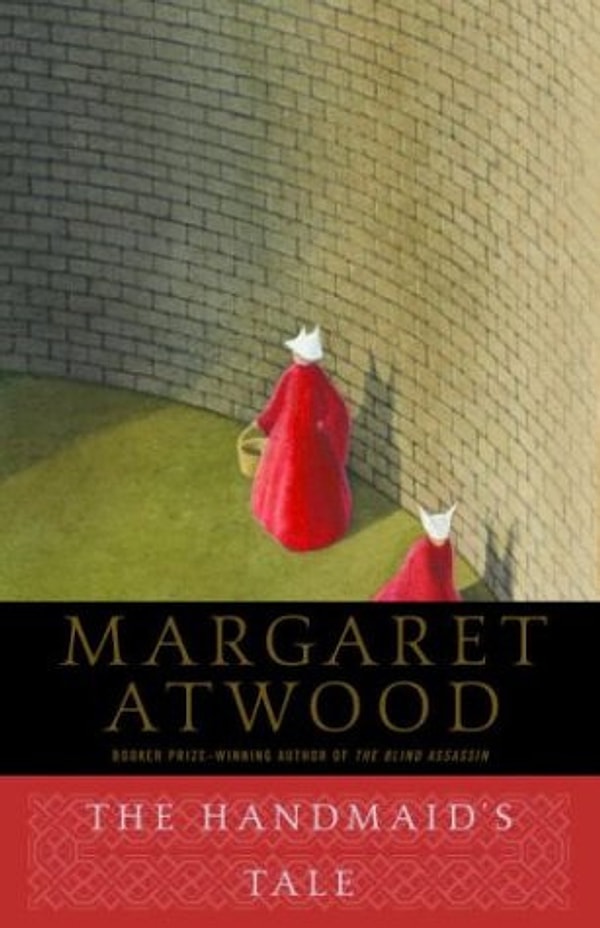
The Handmaid's Tale is one of the famous novels by Margaret Atwood.
Atwood, in her novel, demonstrated the strong feminist side of a dystopia. She investigated the consequences of the scenario, where the women rights were opposite of what they are today.
3. "Waiting for the Barbarians" (1980) John Maxwell Coetzee
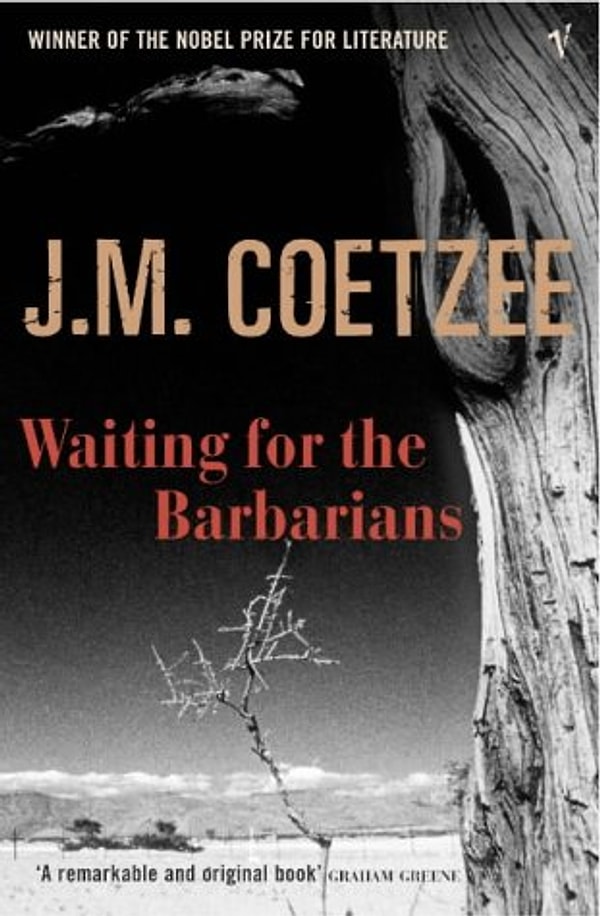
Nobel award winner J. M. Coetzee, explores a fictional empire in this novel. However, it is easily inferred that the author makes references to the South Africa of 1970's.
The barbarians living in the most remote region of a huge empire are about to rebel and threaten the empire.
The colonel and the soldiers under his control that are sent from the capital start a terrible period of torture and murder. These events are depicted by the judge of peace of the region, who hasn't seen the face of the capital for years.
4. "Heart of Darkness" (1899) Joseph Conrad

Marlow, while travelling to the Belgium branch of the company that he works for, faces many terrors in the geography, where the darkness has fallen. On his way to Kurtz, Marlow realizes that the trust he had for himself and the civilization has been broken.
Heart of Darkness by Joseph Conrad presents the vagueness of the concept of 'civilization'.
This book, which Joseph Conrad went on writing until the end of the 19th century, is an introduction for some topics such as the bloody wars, the gaps that advancing technology opened and the societies that were hit hard by modernism.
5. "Invisible Man" (1952) Ralph Ellison
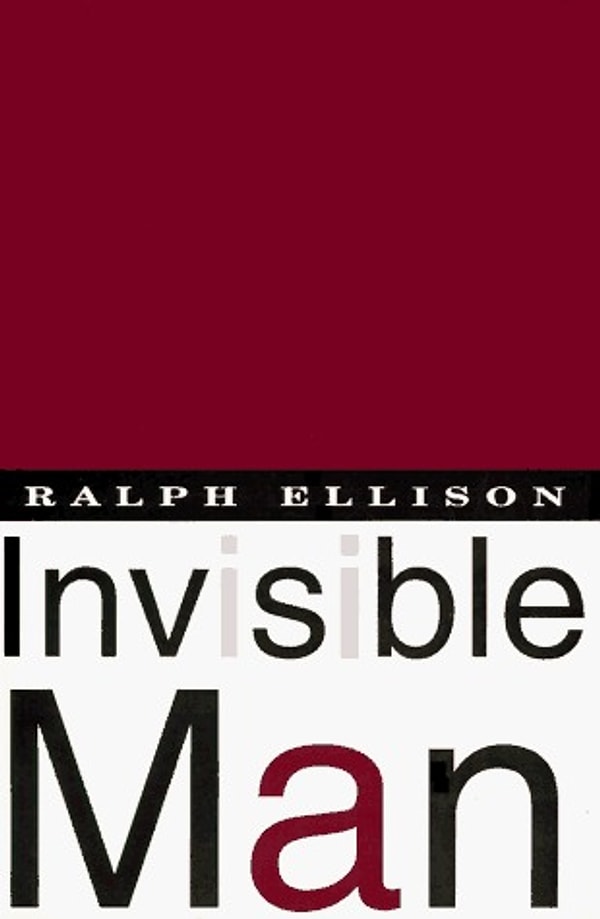
'Invisible Man', shows the most striking paradoxes of USA through the eyes of an African-American man, who is struggling in the 'white culture'. The main character, who witnesses every layer of the American society, tells us about the expensive private schools in south, the dangerous streets of Harlem, rebellions and even masses at church. He tries every strategy that African-Americans have been using to survive and keep their honor.
This book, which is considered as one of the most important works of American literature, explores the themes racism, equality, freedom in both philosophical and psychological points of view.
6. "Autumn of the Patriarch" (1975) Gabriel Garcia Marquez
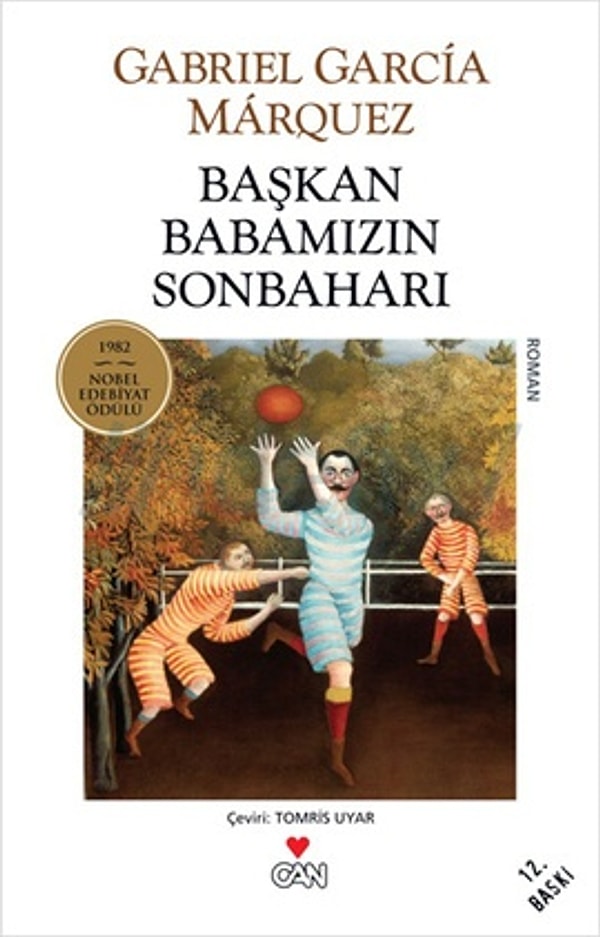
'Autumn of the Patriarch', is the story of a dictator who is about to die but just doesn't die, and who spills blood and murders to cling to life.
While you are reading this book, you will see the pain that has been going on, but still want to chase hope.
7. "Brave New World" (1932) Aldous Huxley
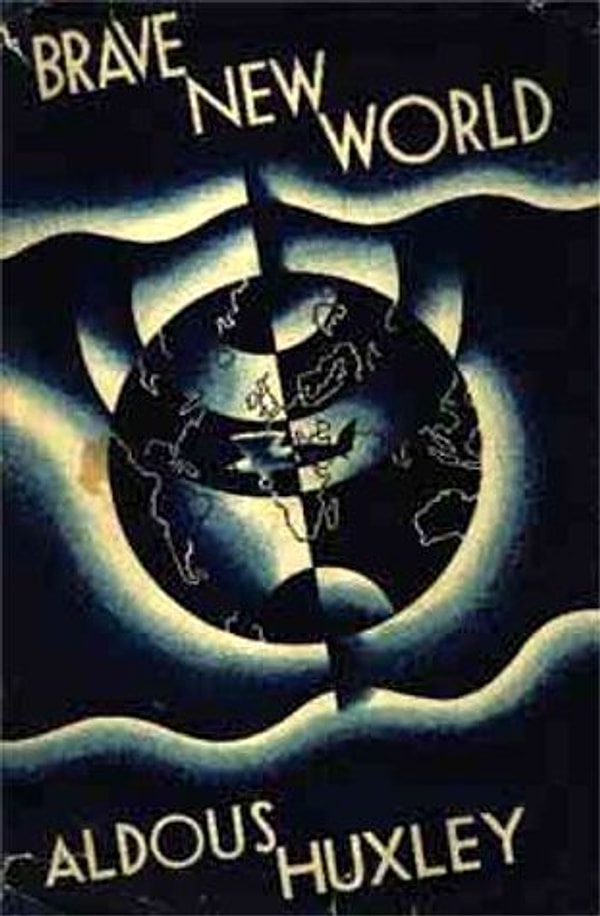
The novel of Huxley, who was pretty inspired by Zamyatin, also takes place in the 26th century. Humans have been modified to great extends through genetics and breeding. They have beaten all diseases, the equality between nations has been ensured; and a healthy, rich and happy society was created.
This situation, which could seem like an utopia at first sight, has only been possible by elimination of many values of humanity.
8. "The Trial" (1925) Franz Kafka
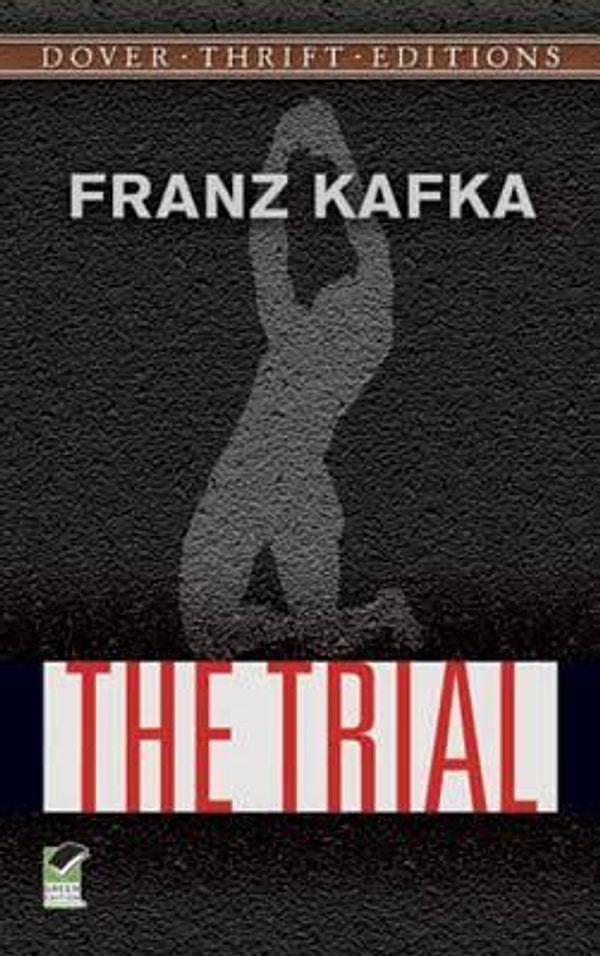
Josef K, who gets arrested out of the blue one morning, learns that he can go on with his normal life. Although he thinks that this is a prank of some sort, as he isn't told of what he is accused; he finally grasps the severity of his situation. However, he doesn't get tried, or can't talk to any judges at all. At the bank that he works at, in the pension that he stays, no matter where he goes, everybody surprisingly knows about his trial. He has no power to defend himself, he is nothing.
Actually, there isn't a real trial in its literal sense. What Kafka wants to tell us here is that Mr. K has already been arrested by the life or the world; but has never realized it.
Franz Kafka, the Czech author who wrote in German and is considered one of the major authors of modern literature, has his own unique style called 'Kafkaesk'. The Trial is one of the most important examples of this style and can be read as a dystopia: a dystopia that is a combination of Kafka's nightmares and a bureaucracy that has turned into a nightmare.
9. "Schindler’s List" (1982) Thomas Keneally
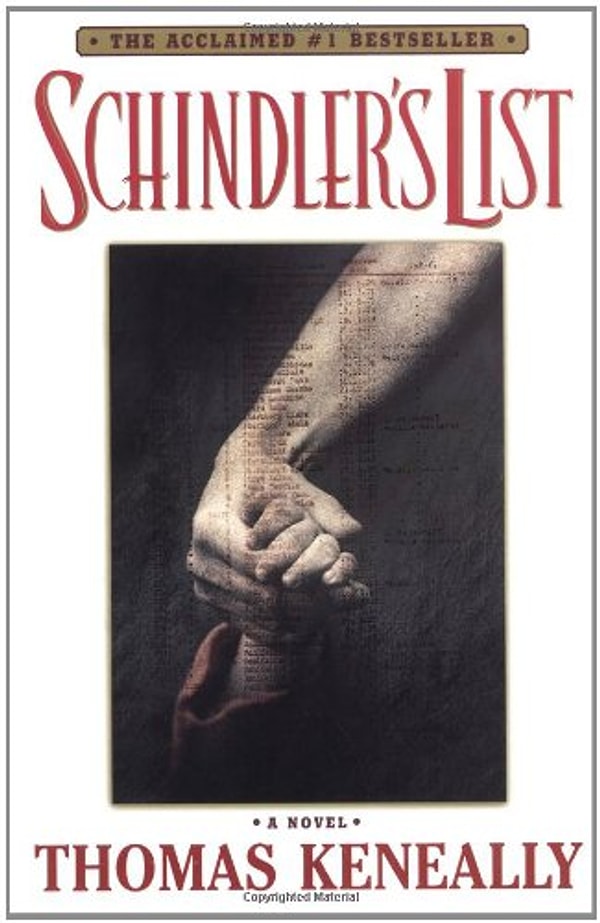
Oskar Schindler, the German industrialist, used an enormous fortune to build a factory near a concentration camp during the WWII and saved thousands of Jews.
10. "Beloved" (1987) Toni Morrison
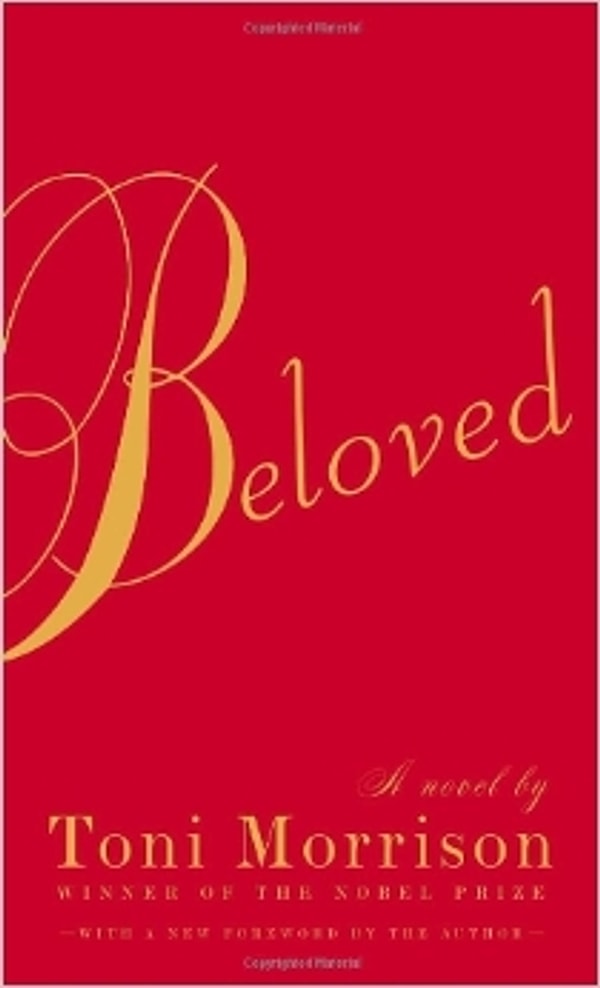
Toni Morrison, the novelist who has won the Nobel Literature Prize, also won the 1988 Pulitzer Literature Award with this book. The story takes place in Ohio, following the post civil war years and around the slave named Sethe and her family.
The novel depicts the compelling journey of Sethe, from slavery towards freedom, and also shows the events that took place during the times when racial discrimination was still very powerful, in all their reality.
11. "Cry, the Beloved Country" (1948) Alan Paton
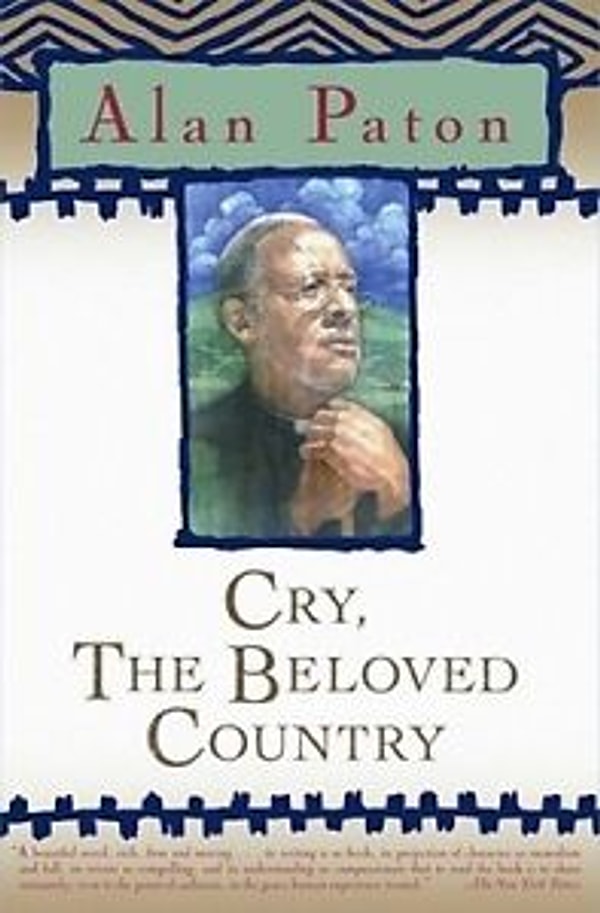
Alan Paton, who spent his whole life in South Africa, firstly educated 'white children' and then was the director of a house of correction, where 'black' children were locked down. In his book 'Cry, the Beloved Country', he tells the contrasts and conflicts between the Africans and white people, just as it is.
During 1930's, there were many changes in South Africa, however the Africans, who lived in utterly primitive conditions, who were oppressed, exploited and looked down on; had to go through a painful process to be able to keep up with those changes.
The tragedy of people; who not only had a tough life, but also had to struggle with white people, but still believed that it was their country and that they should unite in love, pain and labor; started a fight to prove themselves; is told in its most natural state in 'Cry, the Beloved Country'.
12. "One Day in the Life of Ivan Denisovich" (1962) Aleksandr Solzhenitsyn
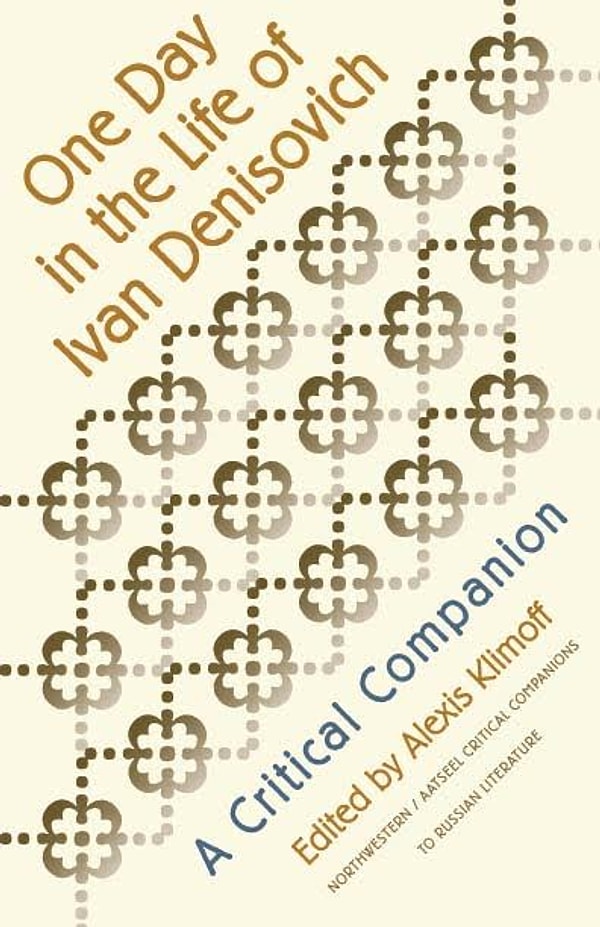
This book, which made an impact in both literature and politics, was the first roman about the Stalinist oppression.
Aleksandr Solzhenitsyn tells us about the people who try to protect their honor and dignity in the face of highly cruel working and living conditions in the concentration camps. It depicts how the convicts resist to the inhumane system even in a dirty, cold and unfair place.
Solzhenitsyn wrote this novel based on his own memories and when it was published in 1962, it banned and seized its copies in a short amount of time. It is a must read novel for those who want to understand the political oppression the Stalinist era writers experienced.
13. "The Grapes of Wrath" (1939) John Steinbeck
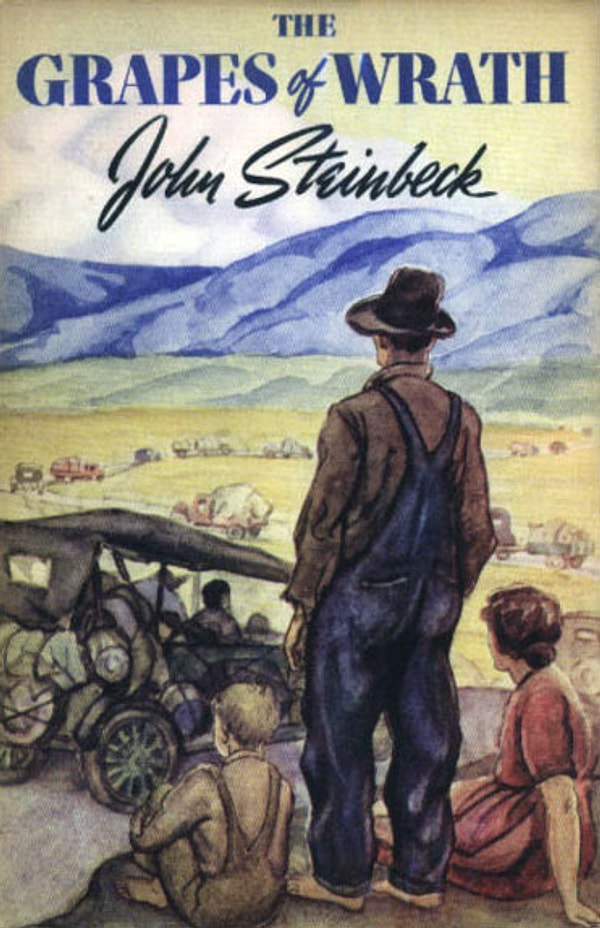
This novel, which is unquestionably he most important work of John Steinbeck, won him the Pulitzer award and created a lot of controversy when it was first published in 1939. 'The Grapes of Wrath' tells the story of a one of the thousands of worker families, who had to leave home because of hunger, poverty and tyranny, and we see how people survived through the Great Depression, which affected the whole world. The fact that agriculture was capitalized, as well as the crises, left many people poor.
This book, which depicts empty hopes, the happiness that turns into sorrow, humans' resistance and honor in a striking style and heavily criticizes capitalism. It is viewed as one of the most important works of the 20th century.
14. "Mother Night" (1961) Kurt Vonnegut
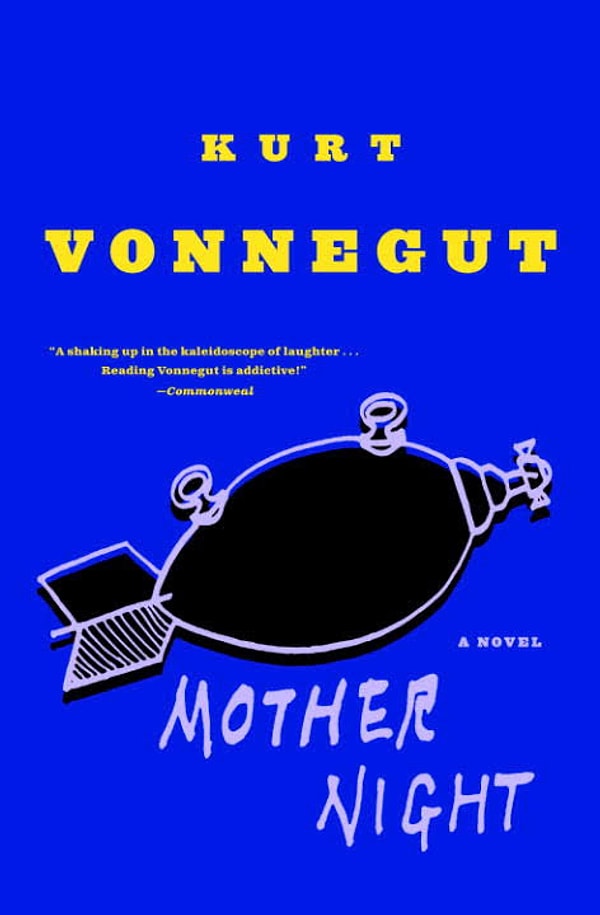
'Mother Night', is the story of an American spy living under covert in Germany during the WWII. To protect his cover, the spy had to pose like a Nazi, while at the same time he sends secret codes to USA during his radio show. When captured in Israel after the war, he can't seem to prove his job as a spy from USA, but is rather stuck with racism charges.
15. "Germinal" (1885) Emile Zola

In 1860's, north of France, a young and unemployed man called Etienne is walking towards Montsou at an ordinary night. Montsou is a poor mining town, where people are exploited to death. Etienne wants to go down to the mine. However, the working conditions are getting worse and worse because of the owners and their self interest. This leads the whole town to fight for their lives and freedom.
Germinal, is one of the works that depicts the struggle of working class as vividly as it gets. The style of the story of the unhealthy and dangerous working conditions in mines, the poverty of the mining workers, their inner worlds, their loves and struggle is very realistic.
This work, which Zola put together upon long term observations, gives life to proletariat in a novel character.
16. "A Clockwork Orange" (1962) Anthony Burgess
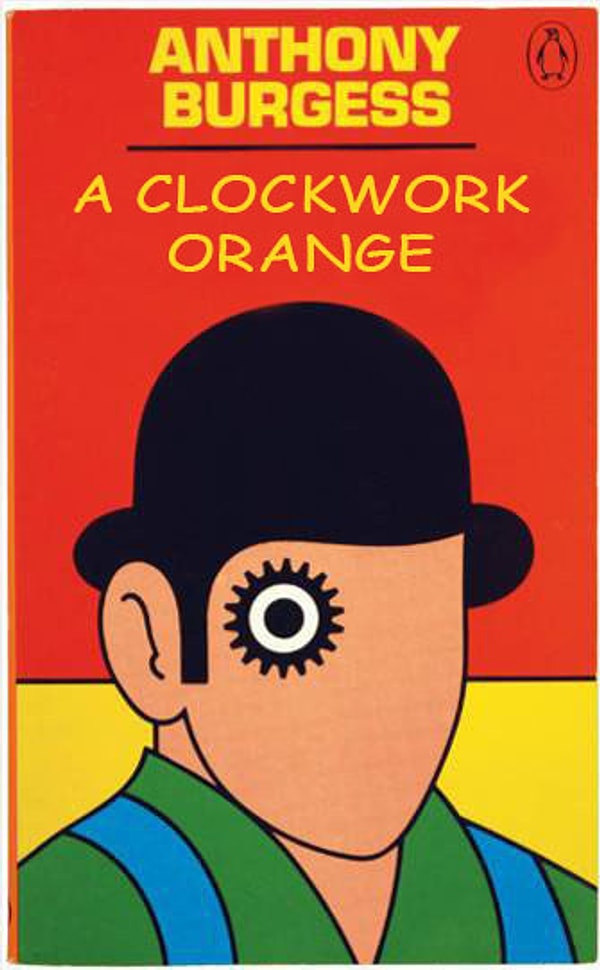
This novel is written by English author and musician Anthony Burgess. It is actually an example of dark humor and dystopia, exploring the theme of humans being turned into machines. It was also adapted to cinema by the famous director Stanley Kubrick and is considered one of the best screen adaptations.
17. "Animal Farm" (1945) George Orwell
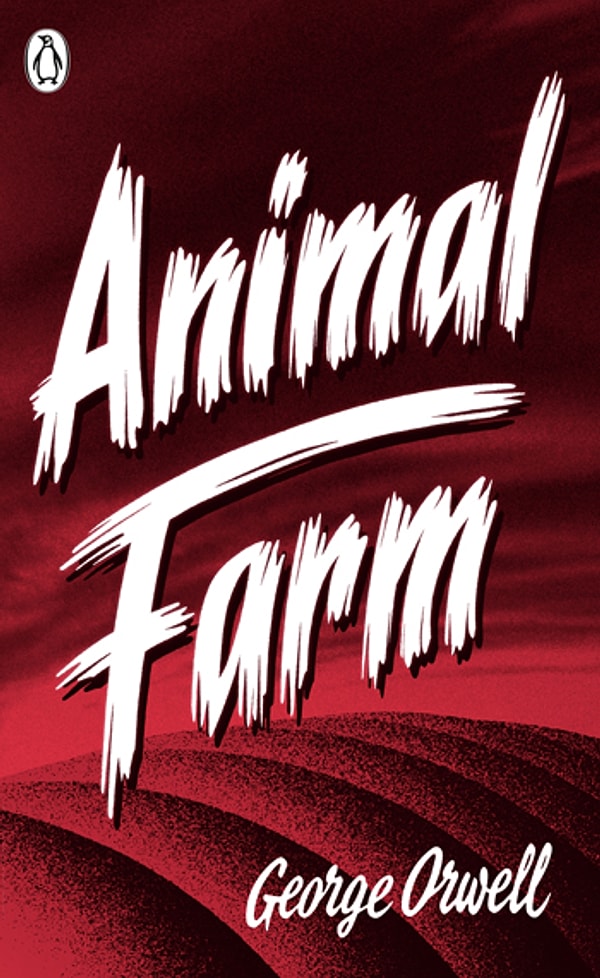
This is a dystopia by English author George Orwell, where he criticizes Soviet totalitarianism with an allegorical, fable style. Once it was published, the book received good feedback and wide reaction. However, as England didn't want to risk its relationship with Russia, the book was censored.
18. "Fahrenheit 451" (1953) Ray Bradbury
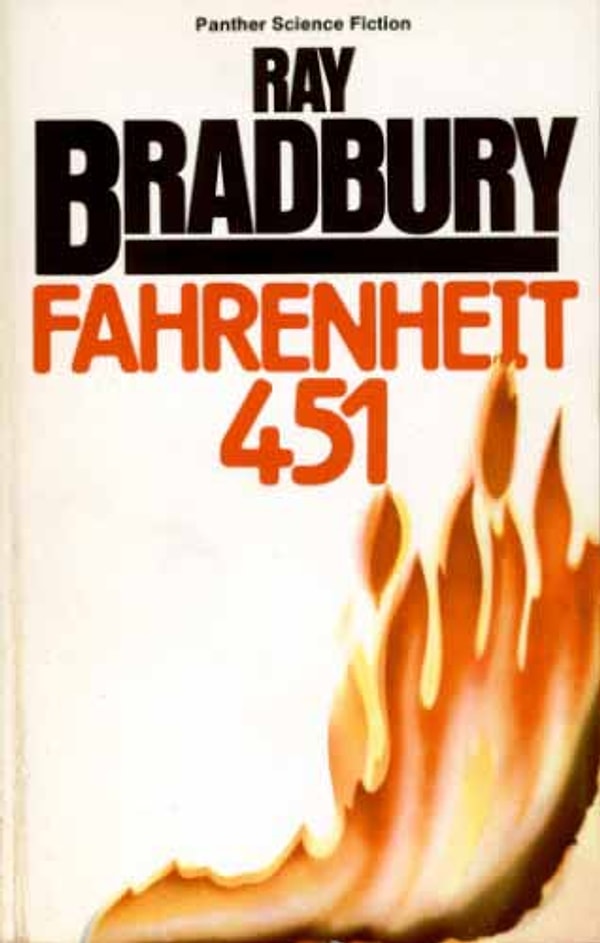
This novel tells the story of an oppressive society, where books are constantly burnt by firemen; where people who read, think and question are eliminated, where people only watch brain-washing productions on TV only for entertainment. The French director François Truffaut made a movie of this dystopia.
19. "1984" (1949) George Orwell
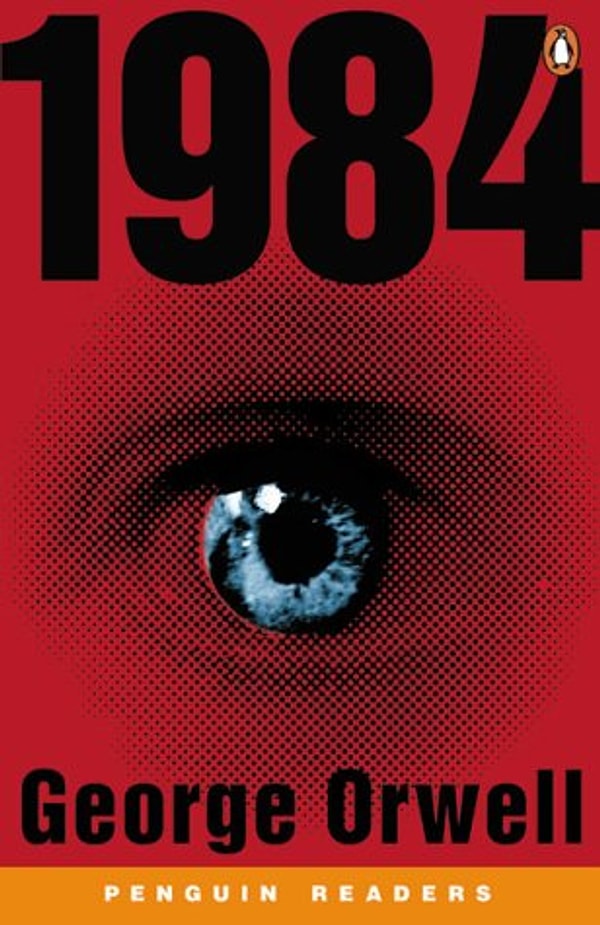
Yet another novel by Orwell... In dystopian world, there is a single party, totalitarian government; ruling, controlling and oppressing people with fear, propaganda and brain washing. It is a strong criticism of totalitarian regimes such as Communism and Fascism. The novel includes terms such as 'Big Brother' which have become popular over time. It is not only one of the best dystopia examples, but also one of the most successful novels in general.
20. "Zorba" (1946) Nikos Kazantzakis

'Zorba' is the immortal work by Nikos Kazancakis. The story, which takes place around 1930's, is told from the point of view of a Greek-origin English author, whose name is never mentioned in the book. This unhappy intellectual, who has no expectations from life, goes to Crete island to take a little break of everything, listen to himself, and put his life back together.
Here, he would also take care of the coal mine that belongs to him. This author meets Alexis Zorba, a middle-aged Greek man, coarse but passionately loving life; and hires him.
Over time, the philosophy of passionate Zorba, will deeply affect our author.
21. "Kite Runner" (2003) Khaled Hosseini
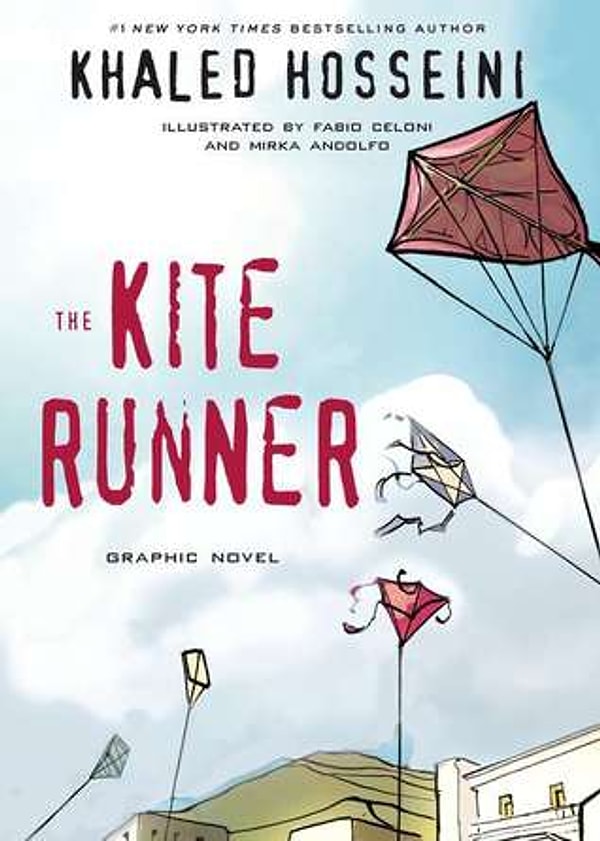
This is the first novel by the Afghan-born American author. Published in 2003, this is the first novel written by an Afghan in English. It was on the first place of the best-seller list by New York Times.
This book explores the new colonialism period, globalization, inter-cultural conflict, religious hypocrisy, racism, civil war and migration; as well as gender relationships and roles.
22. "The God of Small Things" (1997) Arundhati Roy
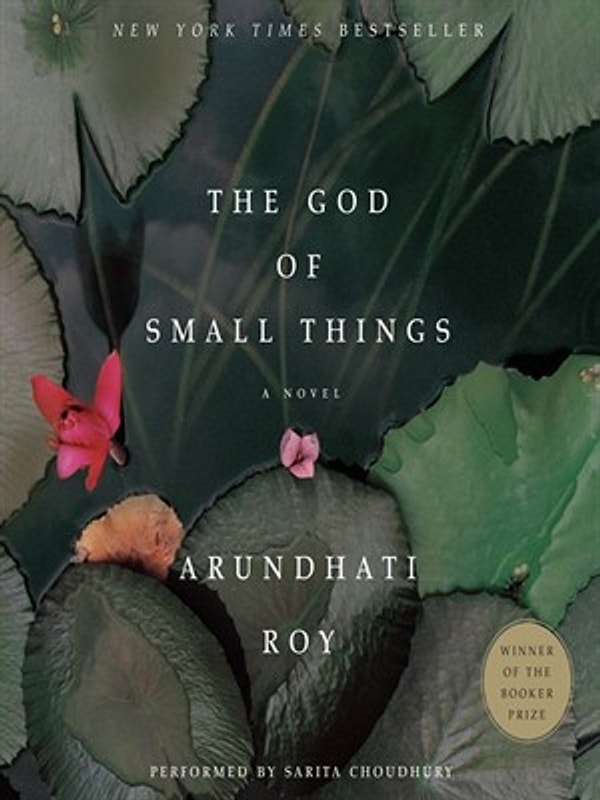
Arundhati Roy won the most notable literature award in England -Booker Award- with this novel in 1977.
She told the breath-taking tragedy of a family, which is devastated by a forbidden love: The beautiful daughter of a rich Indian family, Ammu, falls in love with a worker who works for her family. Their love knows no boundaries, obstacles or rules. However the young man belongs to the class of 'untouchables'.
Because the story wasn't suitable for Indian traditions and society rules, the book was very controversial.
23. "The Plague" (1947) Albert Camus
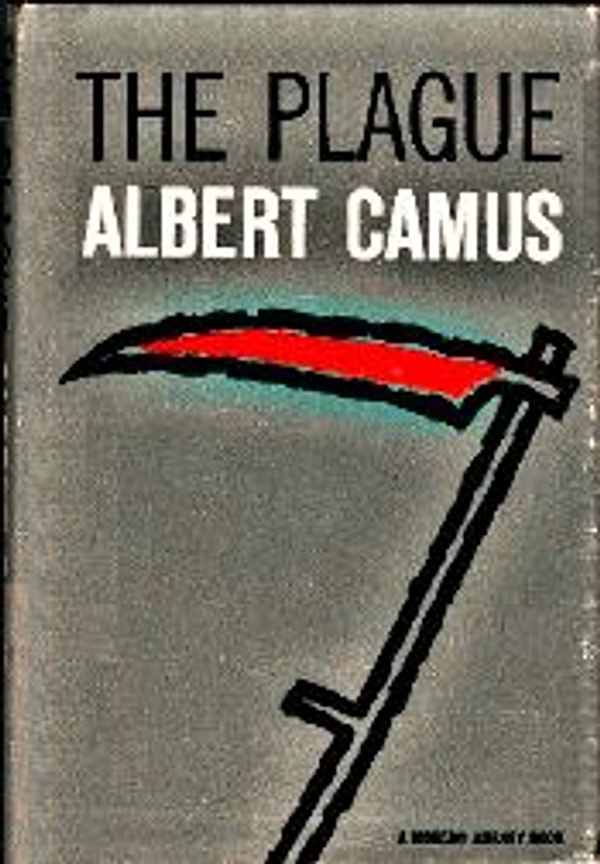
'The Plague' is one of the most important novels by Albert Camus. The book depicts the plague epidemic that takes place in Algerian city Oran, in such a way that it makes sense with the help of some between-the-lines readings.
One of the most important analogies is the occupation of France by Nazis, who scattered throughout Europe just like the plague.
Camus states that we should try to be happy, strive and add meaning to our lives despite the absurdity of existence.
24. "Crime and Punishment" (1866) Fyodor Dostoyevsky
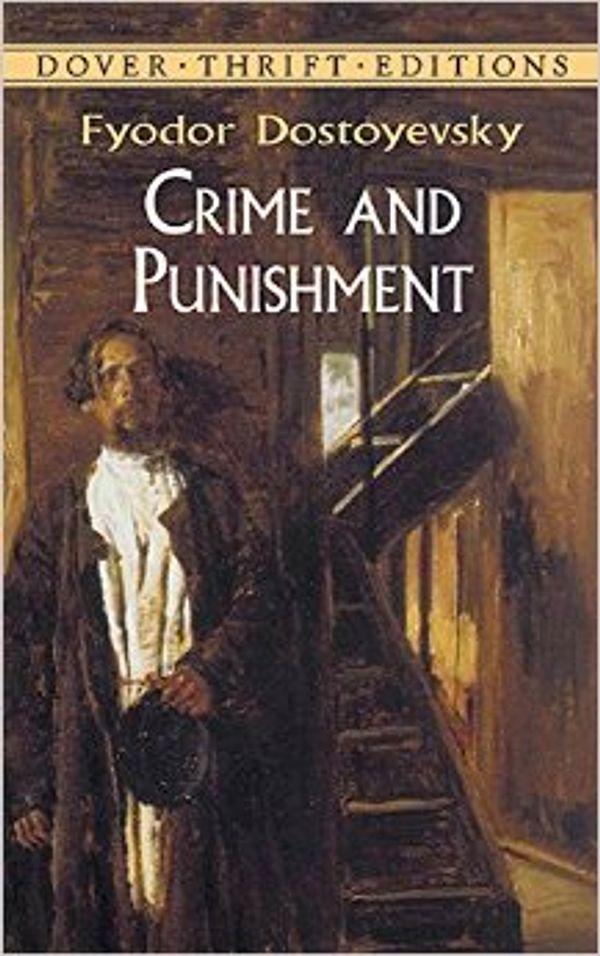
'Crime and Punishment', the most famous novel by Dostoyevsky, unfolds a murder commited by a law student, Raskolnikov. He kills a woman, who is a loan shark.
It is one of the other metaphysical novels by Dostoyevsky, where he explored the important subjects such as ethics, crime, punishment, innocence, good, bad, God, religion, etc.
Do you think reading can make one a better person?
Keşfet ile ziyaret ettiğin tüm kategorileri tek akışta gör!


Send Comment